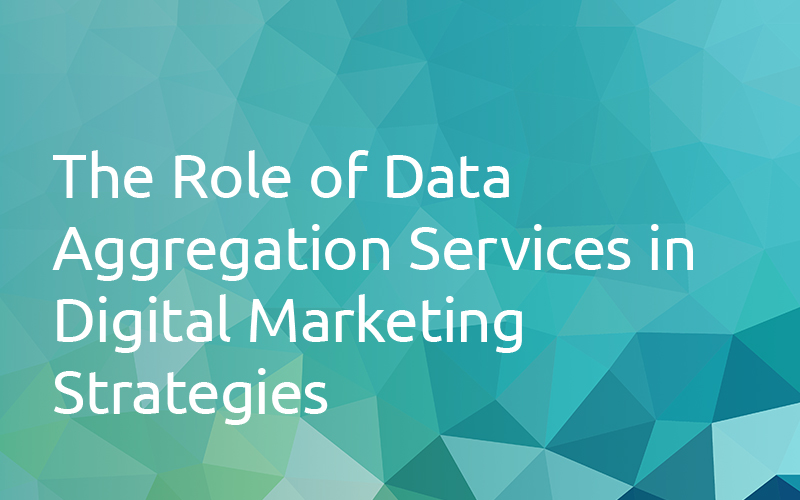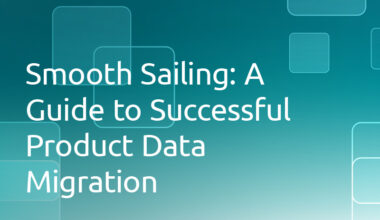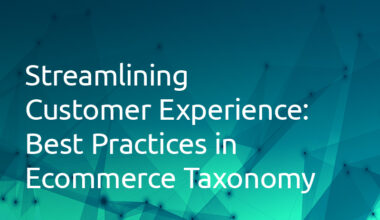Digital marketing, with its vast landscape of metrics, tools, and channels, is inherently data-driven. Today, marketers are faced with a deluge of data originating from myriad sources. It’s not just about collecting data anymore; it’s about collecting the right data and making it actionable. This is where data aggregation services come into play. By consolidating data from various sources into a unified and comprehensible format, these services are fundamentally transforming digital marketing strategies. Let’s delve deeper into the role of data aggregation services in the realm of digital marketing.
Understanding Data Aggregation
Data aggregation is the process of collecting data from various sources and presenting it in a summarized format. In the context of digital marketing, this can mean gathering data from various channels like websites, social media, PPC campaigns, email campaigns, and more.
Why Data Aggregation Matters in Digital Marketing
1. Holistic View of Campaigns: Instead of viewing results in silos, marketers can get a comprehensive overview of how various campaigns are performing.
2. Time Efficiency: Instead of manually collecting data from multiple sources, marketers can get instant insights, allowing them to spend more time on strategy and execution.
3. Improved Decision Making: With all data points presented coherently, decision-making becomes more data-informed and accurate.
4. Budget Optimization: By understanding which channels are offering the best ROI, businesses can allocate budgets more effectively.
Leveraging Data Aggregation Services
– Unified Dashboards: Data aggregation tools often provide dashboards that integrate metrics from various sources, presenting an easy-to-digest overview of marketing efforts.
– Trend Spotting: Over time, aggregated data can show patterns and trends, offering predictive insights for future campaigns.
– Competitor Analysis: Some advanced aggregation tools also pull data about competitors, allowing businesses to benchmark their performance and strategies.
Challenges and Considerations
While data aggregation services offer numerous advantages, they are not without challenges:
1. Data Accuracy: Aggregated data is only as good as its sources. Ensure that data inputs are accurate and reliable.
2. Privacy Concerns: With tightening data protection regulations globally, marketers need to be careful about how data is aggregated and utilized.
3. Integration Issues: Not all tools and platforms integrate seamlessly. It’s vital to choose aggregation services compatible with your existing digital marketing tools.
Looking to the Future
As the digital marketing sphere becomes even more intricate, the importance of data aggregation will only grow. Marketers will rely more on machine learning and AI to sift through vast amounts of data, making aggregation services indispensable.
In a world driven by data, the role of data aggregation in crafting successful digital marketing strategies cannot be overstated. It’s not just about the quantity of data, but its quality, relevance, and presentation. By understanding and effectively leveraging data aggregation services, businesses can position themselves for success in an ever-evolving digital landscape.
Learn about how we handle data aggregation within the realm of product taxonomy.
 1.416.619.5349 Ext.325
1.416.619.5349 Ext.325 







